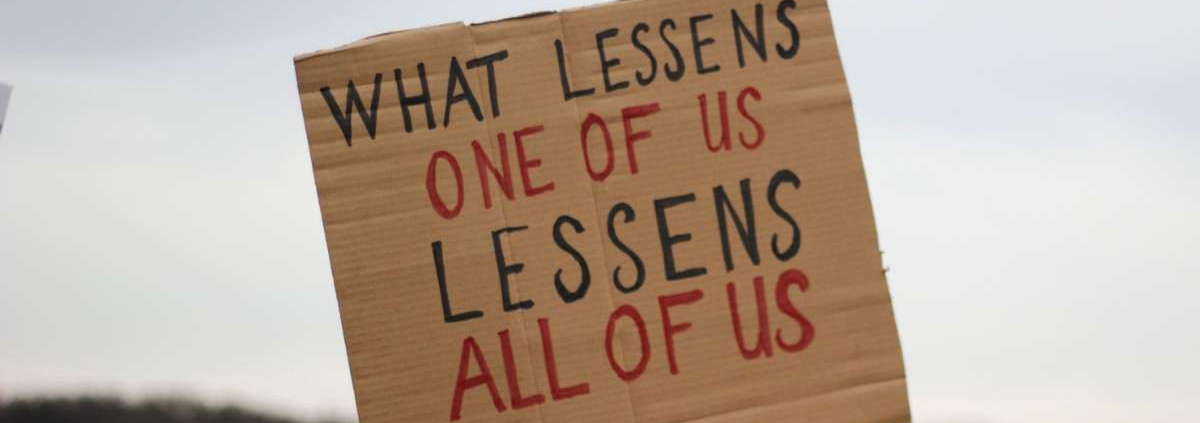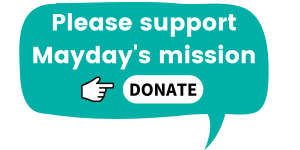Inequality – what next?
May Read, Chief Operating Officer at Mayday Trust looks at an alternative approach to looking at equality and inequality. As a sector have we lost that human connection?
It has occurred to me since working for Mayday that we don’t talk about equality or inequality. Or do I have old school expectations of how to talk about inequality?
As a professional working in housing there was a time when monitoring equalities was a large part of our work; there were expectations to monitor and report on who accessed services and outcomes, whether access was fair and equal. There will be many who can correct me on specifics, but the prevalence of this work has reduced, perhaps for the better.
Monitoring access and proving that access to services is equal based upon the local population was what it seemed to boil down to wherever I have worked. But did it make any difference? Apart from a pile of dusty unread leaflets? We lost the human connection – how to talk to someone as a person, not a label. Spotting unequal access to services is one thing, how about making a change?
This is not say that gathering data and intelligence does not have value, it has huge value if we use it to challenge and change how we work with people. Our world is full of examples of how unequal things are and more equal societies work better for everyone. Organisations like the Equality Trust campaign to influence change and social action.
At Mayday the unequal world is the real one we work in with people – individually and collectively. Social action and influence is what we do. PTS Asset Coaches and housing teams work with people to overcome barriers they come across when approaching the system for help. Our approach to power dynamics recognises the power we have as a landlord, and seeks to share power. We strive to influence the system and how it treats people going through tough times, and the way services are commissioned and measured.


